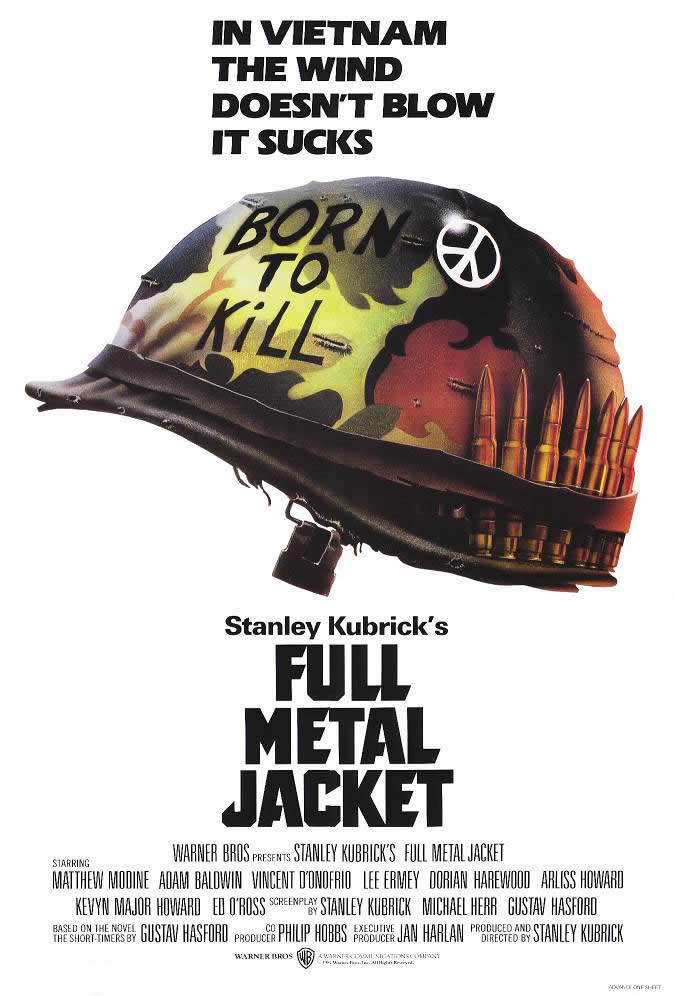
Late in X-Men: The Last Stand, a character begins quoting Churchill before cutting himself off with "Ah, you get the point" and resuming an action sequence. That's typical with The Last Stand (horrid title), a film that ain't got no time for speechifyin when there's punchin' and clawin' to be had. Like Joel Schumacher's contributions to the Batman franchise, it represents a startling rejection of just about everything that made the earlier films worthwile. In short, it's every bit as stupid, lazy and disposable as you think it is.
The first X-Men was filled with cornball moments (My favorite is Senator Kelley's "Bleech!"), but it also had real audacity and vision - the opening scene, which used Holocaust imagery to stress the urgency of its own persecuted minority story, could have been a disaster but somehow worked under director Bryan Singer's sure hand. In X2, everything came together nicely - the cast had begun to gel as an ensemble, Singer's abilities as an action director had grown considerably, and the ending had me psyched for a sequel. This brings us to The Last Stand, which, after two flashback scenes and an opening credits sequence stolen from Hulk (only louder and less elegant), opens with explosions and incoherence as the principals run around shouting one-liners in a scene that turns out to be completely beside the point - it exists only to be loud, as is true of most of The Last Stand. The film's two plots revolve around a "mutant cure" that divides the mutant population over its ethics and the resurrection (via telepathy bubble) of Dr. Jean Grey (Famke Janssen), reborn as the all-powerful id-creature Phoenix. This story is told with a cast of approximately three hundred mutants, none of which are fleshed-out in any specific way. There just here for action figure fodder.
The mutant concept was used nimbly in the first two films as an a metaphor for minority rights, summarized most perfectly in X2 when Mystique (Rebecca Romijn) responded to the question of why she doesn't use her shape-shifting powers to look normal with "Because I shouldn't have to." It's not subtle, but it's a masterpiece of understatement compared with The Last Stand, which uses basically the same shot of protesters outside a "mutant cure" clinic several times in case we didn't get the hamhanded connection to abortion (or Terri Schaivo, or gay marriage, or whatever) in the first place. The X-Men movies were built to sermonize, but topical sermons are just the worst - they never hold up over time, and this sucker is going to fade fast. And worst off all, the film sidesteps saying anything provocative about any of this; its conclusion is more or less "Well, that's just like, your opinion, man." Co-screenwriter Zak Penn, who co-wrote and directed the brilliant Incident at Loch Ness - which satirizes exactly this sort of wrongheaded, homogenizing Hollywood mentality - should know better.
Now we come to the subject of director Brett Ratner. I refer to Truffaut: "A director possesses a style that one will find in all his films, and this is true of the worst filmmakers and their worst films. Differences from one film to the next - a more ingenious script, superior photography, or whatever else - don't matter, because these differences are precisely the product of exterior forces, more or less monney, a greater or shorter shooting schedule." These words could have been written for Ratner, who with Red Dragon had one of the greatest casts of all time and produced a just-okay film, and here is given an army of special effects technicians working at the top of their games and gives them absolutely nothing of interest to do. Favorite characters die in this film; I should have cared, but instead I was insulted at the cheaply manipulative, poorly timed and executed offing of some damn fine X-Men. Other characters, like Rogue (Anna Paquin) and Kitty Pryde (Ellen Page) are wasted to provide more screentime for the worthess Storm (Halle Berry, who must have whined to Fox execs a whole lot). Characters like Angel (Ben Foster) come and go without being given any opportunity to make an impression. The Last Stand fails even as an action movie; it's the most incoherently edited film since the advent of Michael Bay, and fails to create or sustain even a moment's worth of genuine tension at the proceedings. By the time Magneto assembles the cast of Rent for a last stand (the title ain't lyin'!), I felt like I was watching some kind of idiot's Rorschach test, and I was failing.
I could go on an on, but this would just turn into a laundry list of bad decisions, from testicle-centric humor that would have seemed stale in 1991 to the feeble one-liners to Kelsey Grammer as Beast (toss your salad, you worthless hack). Oh, and through in casual misogyny for good measure! I just have this to say: over the years, there have been hundreds of wonderful, escapist movies that told thrilling tales with imagination, humor, and vitality. The Last Stand offers no such pleasures; I defy anyone to explain to me why exactly it is fun. Because it's loud? Because things happen? Because it has special effects? I'm so sick and tired of the "shut your brain off at the door" defense - we deserve more. If you gladly devour overprocessed slurm like this and ask for seconds, than you have no right to complain that movies aren't better. There's just no way around it: this is a tale told by an idiot, full of sound and fury, signifying nothing.










